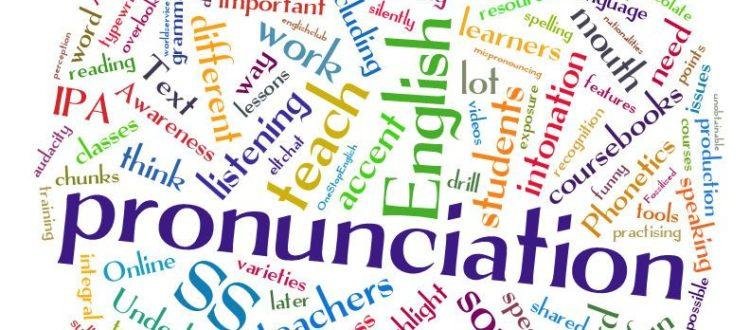8 TIPS TO BECOME A BETTER LISTENER
One of the most difficult tasks in the world, especially in today’s time, is to listen to somebody. Everyone has so much to say, share and sermon about, that no one person is ready to listen. Even on a personal phone call or at a close friend’s party, everyone is talking together, no one listens! To be a listener, you got to have the patience of Angels. To actually give your precious time to somebody – imagine! Time and ears are a priceless commodity! Mark Anthony may have coaxed and invited his countrymen, as ‘’Friends, Romans, countrymen – lend me your ears” They heard him. Those were the times, now there is a chance that people will turn their backs on you, ignore you. Listeners are fast becoming a rare breed. Little do we realize that listening is a virtue. When you listen you learn, you imbibe, you become a more patient and receptive person. On the other hand, the speaker respects you for listening. You May Also Like: Learning English is an absolute Must for Survival in Today’s World. The 8 tips to become better listeners are as follows: 1] Willingness to learn – You have to be ready and willing to listen to a speaker. It is said that; you can bring a horse to the well but you cannot force it to drink! You can be the speaker’s mirror; when you empathize, sympathize and show interest in what he speaks. 2] You should concentrate on the lecture or speech- whether it is an professor’s speech or a layman’s conversation, it is necessary to relate to it and listen deeply. You could be instrumental in giving useful inputs or use the ideas yourself. Listen well. 3] Please don’t talk in between/ don’t interrupt – It is otherwise bad manners to talk in between and disturb a speaker. The speaker can lose his continuity of idea or get irritated with you. You stand as the loser in this case. Listen first, then speak. 4] Pay attention – Paying attention is a quality of a good listener. It makes sense because you can understand and agree or disagree with the speaker. You can also ask for clarification. 5] Make notes – Good listeners can help themselves by jotting down notes, which they can use for further reference 6] Do not be distracted by several things and movements around you. Some people just can’t help it. Maybe they have an attention deficiency. If you are not inflicted by the abstract complication, then listen. Be a good, better and the best listener. Listen with your ears, mind and heart. Even the smallest conversation is meaningful when we give importance to the speaker 7] When you are listening, do not use your Mobile phone. It is not good etiquette to message or use the phone while a lecture or speech is progressing. So mobiles should be in your bags, better mute or shut down. 8] Presence of mind – To be alert to what you are listening, you should not only be physically but mentally present for the speaker. It is imperative to listen when you are being spoken to. So being a better listener comes from the heart, from a responsive mind who is aware of what is the best for them. What information you gather, will surprise you.
8 TIPS TO BECOME A BETTER LISTENER Read More »









